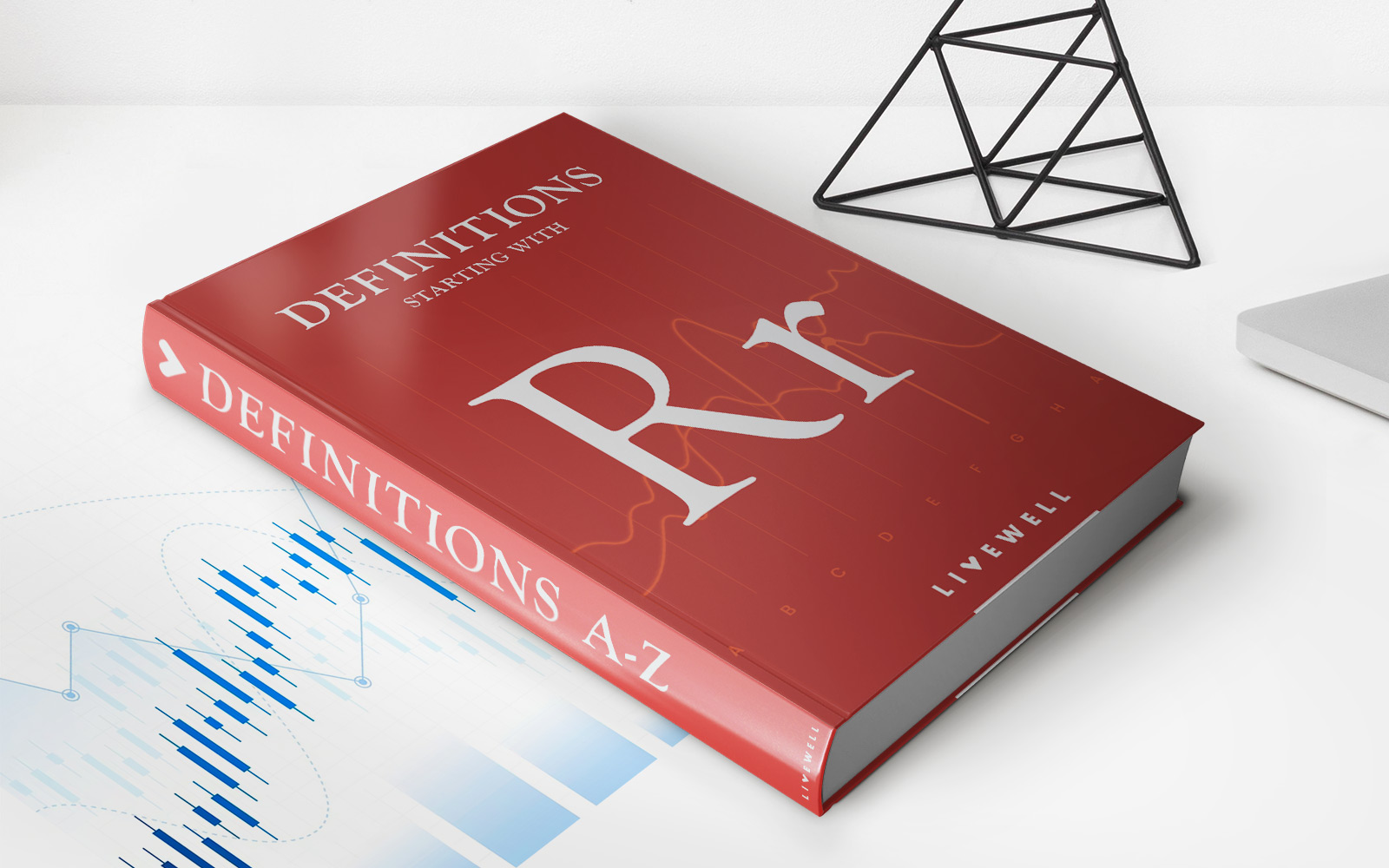Home>Finance>How Does Getting A New Car Loan Lower My Credit Utilization


Finance
How Does Getting A New Car Loan Lower My Credit Utilization
Published: March 6, 2024
Learn how getting a new car loan can impact your credit utilization and overall financial health. Understand the implications for your finance.
(Many of the links in this article redirect to a specific reviewed product. Your purchase of these products through affiliate links helps to generate commission for LiveWell, at no extra cost. Learn more)
Table of Contents
Introduction
Understanding the Impact of a New Car Loan on Your Credit Utilization
When it comes to managing your finances, understanding the intricate relationship between various factors is crucial. One such factor that significantly influences your credit score is credit utilization. This fundamental aspect of credit scoring measures the amount of available credit you are using. It plays a pivotal role in determining your creditworthiness and can impact your ability to secure favorable terms for future loans and credit lines.
One common scenario where credit utilization comes into play is when you consider obtaining a new car loan. The decision to finance a new vehicle can have a notable impact on your credit utilization, and it’s essential to comprehend how this process unfolds. By delving into the dynamics of credit utilization and its interaction with new car loans, you can make informed decisions that align with your financial goals.
In this comprehensive guide, we will explore the intricate relationship between obtaining a new car loan and its influence on your credit utilization. By gaining insight into this connection, you can navigate the process of acquiring a new car loan while strategically managing your credit utilization to maintain a healthy credit profile.
Understanding Credit Utilization
Credit utilization, a critical component of your credit score, refers to the ratio of your credit card balances to your credit limits. This metric holds significant weight in credit scoring models, as it provides lenders with valuable insights into your borrowing behavior and financial management skills. Essentially, it reflects how responsibly you use credit and manage your outstanding balances relative to your available credit.
For example, if you have a total credit limit of $10,000 across all your credit cards and you currently carry a combined balance of $3,000, your credit utilization rate is 30%. Maintaining a low credit utilization ratio, typically below 30%, is generally viewed favorably by credit bureaus and can positively impact your credit score. It demonstrates that you are not overly reliant on credit and are effectively managing your debt obligations.
It’s important to note that both individual and overall credit utilization are considered in credit scoring. Individual credit utilization assesses the balance-to-limit ratio for each credit card, while overall credit utilization reflects the combined ratio across all your credit accounts. Lenders evaluate these metrics to gauge your creditworthiness and assess the level of risk associated with extending additional credit to you.
Understanding the significance of credit utilization is paramount when evaluating the potential implications of obtaining a new car loan. As we delve deeper into the impact of a new car loan on credit utilization, it’s essential to grasp the pivotal role that this metric plays in shaping your credit profile and influencing lending decisions.
Impact of New Car Loan on Credit Utilization
Acquiring a new car loan can have a multifaceted impact on your credit utilization, potentially influencing your credit score and overall financial standing. When you secure a new car loan, it introduces a new credit account on your financial record, which can alter the dynamics of your credit utilization.
Initially, the impact of a new car loan on your credit utilization may be twofold. Firstly, the loan amount, which contributes to your outstanding debt, can increase your overall credit utilization if the funds are utilized to finance the vehicle’s purchase. This upsurge in debt can cause your credit utilization ratio to rise, potentially affecting your credit score, especially if it surpasses the recommended threshold of 30%.
Conversely, as you make timely payments on your new car loan, you demonstrate responsible borrowing behavior, which can positively influence your credit score over time. By consistently meeting the loan obligations, you exhibit financial reliability, potentially mitigating the initial impact on your credit utilization and contributing to an overall improvement in your credit profile.
It’s important to recognize that the impact of a new car loan on credit utilization may vary based on individual financial circumstances and the specific terms of the loan. Factors such as the loan amount, interest rate, and repayment period can all influence how the new debt affects your credit utilization and, consequently, your credit score.
By comprehending the nuanced interplay between a new car loan and credit utilization, you can proactively strategize to mitigate potential adverse effects and leverage the opportunity to bolster your creditworthiness. Understanding the intricacies of this relationship empowers you to make informed decisions regarding new car financing while safeguarding your credit health.
Factors to Consider Before Getting a New Car Loan
Before embarking on the journey of obtaining a new car loan, it’s essential to carefully evaluate several key factors that can significantly impact your financial well-being. By conscientiously considering these elements, you can make informed decisions and navigate the process of acquiring a new car loan with confidence.
1. Credit Impact:
Assess the potential impact of a new car loan on your credit utilization and overall credit score. Understand how the additional debt will influence your credit profile and strategize to mitigate any adverse effects by managing your credit utilization proactively.
2. Loan Terms:
Thoroughly review the terms and conditions of the loan, including the interest rate, repayment period, and monthly installments. Ensure that the loan terms align with your financial capabilities and long-term budgeting goals.
3. Budget Considerations:
Evaluate your current financial situation and determine the affordability of the new car loan within the context of your overall budget. Factor in additional expenses such as insurance, maintenance, and potential fluctuations in income to gauge the full financial impact of the loan.
4. Alternative Financing Options:
Explore alternative financing avenues, such as leasing options or pre-owned vehicles, to ascertain if they might offer more favorable terms or better suit your financial circumstances. Comparing different financing options can provide valuable insights into the most prudent choice for your specific needs.
5. Future Financial Goals:
Consider how taking on a new car loan aligns with your long-term financial objectives. Assess whether the loan supports or detracts from your broader financial aspirations and whether it complements your overall financial strategy.
6. Prepayment and Penalties:
Review the loan agreement for any prepayment penalties or restrictions. Understanding the implications of early repayment can offer flexibility in managing the loan and potentially saving on interest costs over the loan term.
By conscientiously evaluating these factors, you can approach the decision to obtain a new car loan with a comprehensive understanding of its potential implications and align it with your broader financial objectives. Making informed choices based on a thorough assessment of these considerations can lead to a more secure and beneficial financing arrangement.
Conclusion
As you navigate the prospect of securing a new car loan, it’s imperative to recognize the interconnected nature of credit utilization and its relationship with your overall financial well-being. Understanding the impact of a new car loan on your credit utilization empowers you to make informed decisions that harmonize with your broader financial objectives.
By comprehending the dynamics of credit utilization and its interaction with new debt, you can strategically manage the potential impact on your credit score. While a new car loan may initially elevate your credit utilization, prudent financial management and responsible loan repayment can mitigate any adverse effects and contribute to an enhanced credit profile over time.
Before committing to a new car loan, carefully evaluate critical factors such as the loan’s impact on your credit, the terms and conditions, budget considerations, alternative financing options, and alignment with your long-term financial goals. This comprehensive assessment equips you to approach the loan decision holistically and select a financing option that aligns with your financial well-being.
Ultimately, the decision to obtain a new car loan should be underpinned by a thorough understanding of its potential implications and the proactive management of credit utilization. By leveraging this knowledge, you can navigate the process of acquiring a new vehicle while safeguarding and enhancing your overall financial health.
As you embark on this financial endeavor, remember that informed decision-making and prudent financial management are instrumental in securing a new car loan that supports your financial aspirations and contributes to a robust credit profile.














